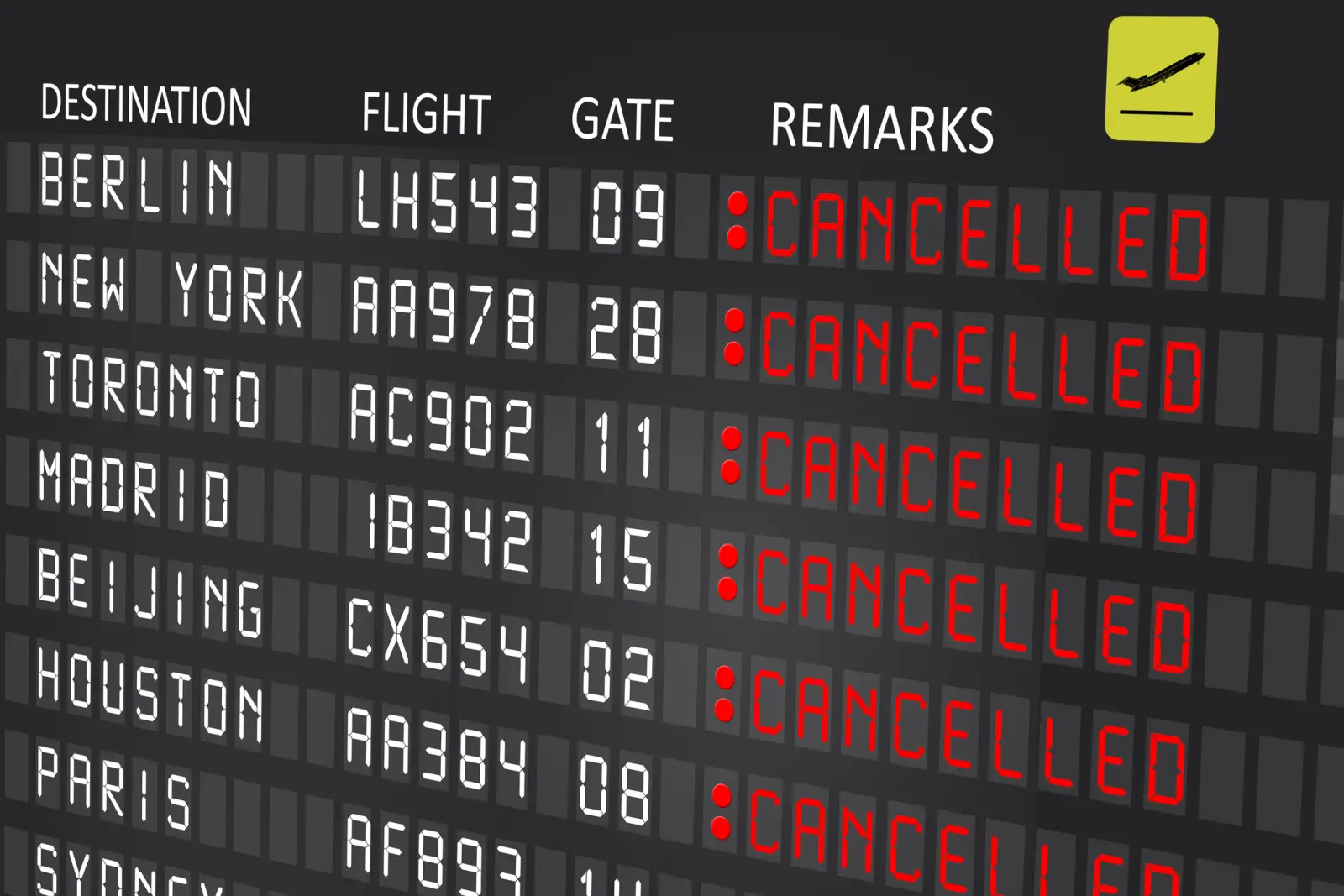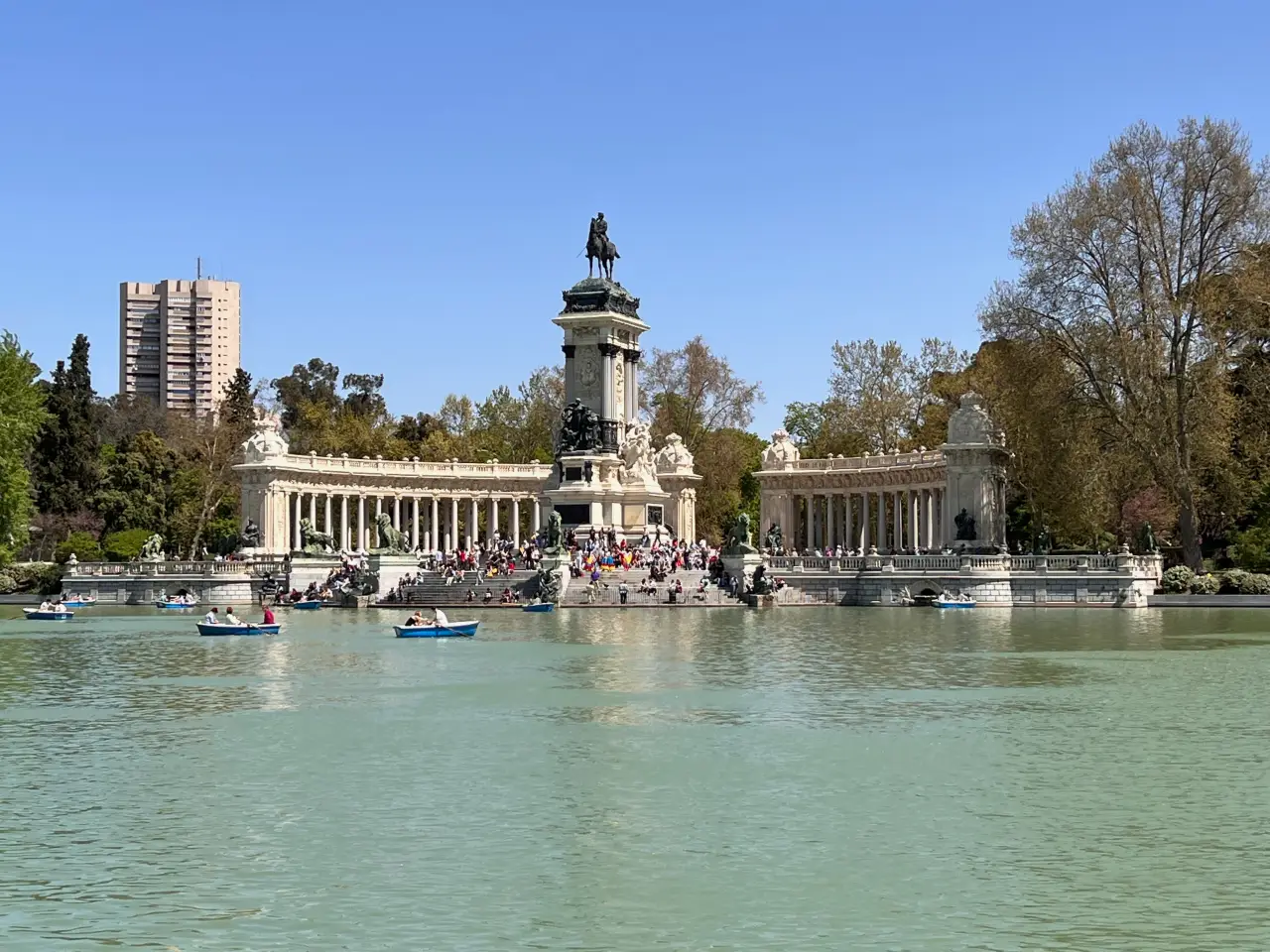Power starting to return across Spain brings some relief after a day of massive disruptions, but major challenges still remain for transportation, businesses, and daily life across the country. The widespread blackout that struck Spain and Portugal on Monday left millions without electricity, halted trains, closed airports, and caused telecommunications failures.
According to Spanish electricity provider Red Eléctrica, power has been restored to several regions, including Catalonia, Aragon, the Basque Country, Galicia, Asturias, Navarre, Castile and Leon, Extremadura, and Andalusia. Valencia, one of the areas hardest hit earlier in the day, has also seen electricity return across much of the city. Residents report that power has been gradually stabilizing, although sporadic outages continue in some neighborhoods.
Transportation Still Severely Disrupted
Despite the progress in restoring electricity, Spain’s transportation network remains deeply affected. All Spanish train services are suspended until further notice, the Railway Infrastructure and Traffic Department (Adif) announced. Authorities have advised travelers to stay away from train stations until service is resumed.
Transportation Minister Oscar Puente said that medium- and long-distance trains will likely not resume operations until Tuesday. Each train must undergo thorough safety inspections before being cleared to return to service after the blackout disrupted critical signaling and electrical systems.
Urban metro systems, including those in Madrid and Barcelona, are operating with significant delays. Traffic lights in many cities, including Valencia, are only now coming back online, with local police officers continuing to manage key intersections manually to ensure public safety.
Portugal Points to Spain as Blackout Origin
Portuguese Prime Minister Luis Montenegro stated that the cause of the blackout appears to have originated in Spain. He emphasized that while investigations are ongoing, “everything indicates” the issue did not begin in Portugal. The exact reason for the failure remains unclear, though authorities are exploring several possibilities.
One theory suggests that a fire on France’s Alaric mountain damaged a critical high-voltage power line connecting France and Spain, which may have triggered the chain reaction. Another theory involves a technical failure within the European electric grid system. Meanwhile, cybersecurity experts have not ruled out a potential cyberattack, although Portugal’s National Cybersecurity Centre (CNCS) stated that no evidence currently supports that scenario.
For more detailed coverage of the initial blackout event, airport closures, and metro shutdowns, readers can find the full story here: Blackout Shuts Airports in Spain and Portugal.
Ripple Effects Beyond Spain and Portugal
The blackout’s impact has not been limited to the Iberian Peninsula. Web hosting company Hostinger reported service disruptions at its Netherlands data center due to ongoing power issues. Key services such as Web Hosting, VPS, and Email were affected. Hostinger’s technical teams are collaborating with local partners to restore full functionality as quickly as possible, underscoring the interconnected nature of Europe’s digital infrastructure.
The incident has highlighted vulnerabilities in the energy and communications networks, raising urgent questions about the resilience of the European electric grid. Even a localized issue, if serious enough, can cascade across national borders, affecting not just homes and transportation, but also critical digital services used by businesses and individuals worldwide.
Life Slowly Returning to Normal—But Caution Remains
In Valencia, local officials confirmed that electric service has been largely restored, but events originally planned for Monday evening remain canceled. The City Council, led by Mayor María José Catalá, urged residents to stay cautious and limit unnecessary travel while city services continue to stabilize.
Emergency services, including hospitals and fire departments, are operating under reinforced protocols. Businesses such as butchers, grocers, and ice-cream shops are assessing losses after refrigeration failures earlier in the day threatened perishable stock. Public patience has been tested, but a sense of cautious optimism is returning as electricity and basic services come back online.
Red Eléctrica warned that while major regions now have power, full stabilization of the national grid could take several more hours. Technical adjustments are still underway to balance supply and demand safely across the network.
The Iberian Peninsula’s day of darkness has left a lasting impression, exposing vulnerabilities but also showcasing remarkable resilience among citizens, emergency workers, and technicians alike. As Spain and Portugal work toward full recovery, the incident will likely prompt deeper discussions about energy security, cross-border cooperation, and emergency preparedness in an increasingly interconnected Europe.
Photo credit: ID 178708739 ©
Gansstock | Dreamstime.com







